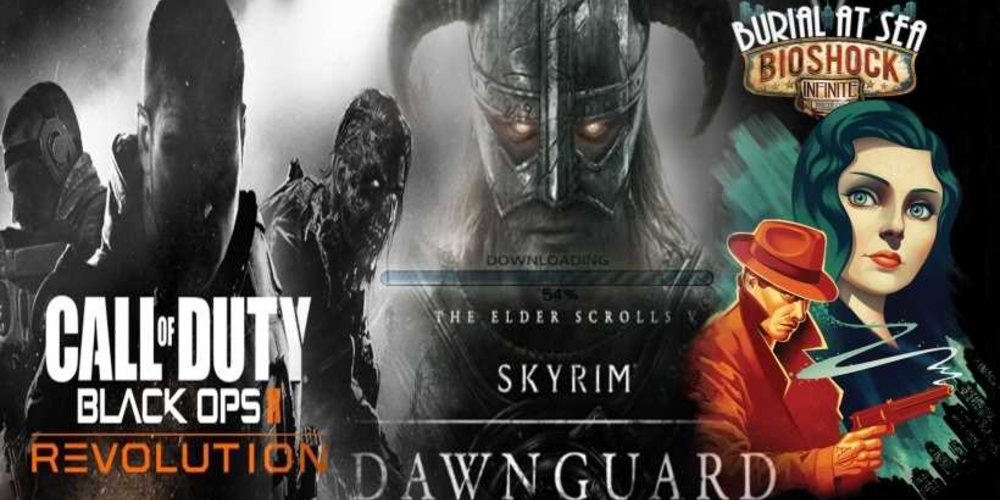The Declining Trend of DLC: Analyzing the Current Gaming Industry
- 184

In the recent past, the video gaming industry has experienced a significant shift, especially when it comes to Downloadable Content (DLC). A case in point is The Legend of Zelda: Tears of the Kingdom and Cyberpunk 2077, which are both major games that either aren't getting DLC or are receiving less compared to their predecessors. This trend signifies a possible conclusion of the era where video games were substantially supported with DLC.
The Shift in the Gaming Environment

To grasp the reasons behind the industry’s shift in the approach to DLC, it's essential to consider games like Cyberpunk 2077 and The Witcher 3. The Witcher 3, which launched in May 2015, had both of its expansions, Hearts of Stone and Blood and Wine, released by the end of May 2016. In contrast, Cyberpunk 2077, which launched in December 2020, is set to receive its first expansion, Phantom Liberty, in September 2023, nearly three years after its initial release.
The Effect of Lengthened Development Cycles
The lengthened development cycles in video games, as indicated by Cyberpunk 2077, are affecting the industry. Take The Last of Us Part 2 as an example; the game received no DLC, unlike its predecessor, which received the exceptional Left Behind expansion. Naughty Dog, the game's developer, instead decided to transform the multiplayer mode planned for the game into its standalone release. However, three years since TLOU2's release, the multiplayer game is yet to be released, indicating the challenges of prolonged development cycles.
The Impact of High Production Time
The current gaming era has seen games take significantly longer to develop. This is highlighted by Naughty Dog's Uncharted: The Lost Legacy and the Assassin’s Creed series, among others. The time and resources required to create a piece of DLC often aren't worth the investment, especially considering that single-player expansions typically don't sell as much.
The Future of DLC
The declining trend of DLC in the gaming industry is disheartening, especially considering that developers often express that they discover how to make a game towards its completion. DLC has historically offered developers an opportunity to showcase the skills they acquire during the game development process. The diminishing emphasis on DLC may lead to the loss of such opportunities. The gaming industry, players and developers alike, ought to navigate this shift with an eye on the future and the potential benefits DLC has provided in the past.
